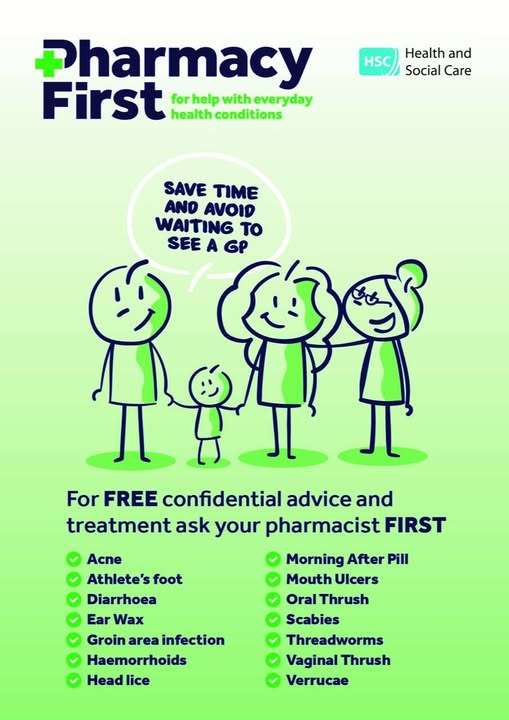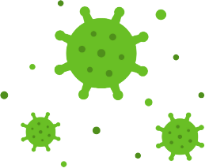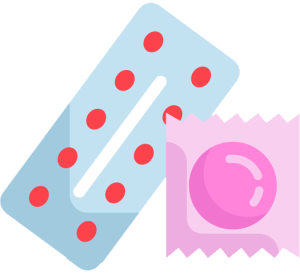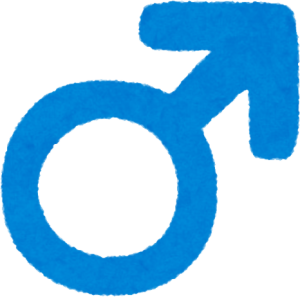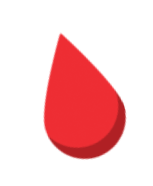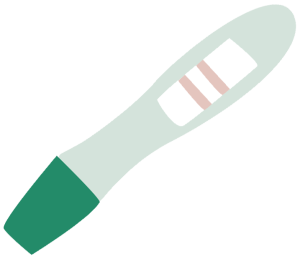Thrush
Thrush is a yeast infection that is caused by a fungus that lives naturally in the body. It’s not a sexually transmitted infection (STI), but it can be passed on during sex.
Thrush is more common if you have a vagina, and symptoms include:
- Vaginal discharge that has no smell but is either thick and white (a bit like cottage cheese) or thin and watery
- Itching and soreness around the vagina entrance
- In more serious cases, you may experience swelling of the vagina and cracked skin around the entrance
- Stinging when you wee
Symptoms for people with a penis can include:
- A cottage cheese-like discharge under the foreskin of the penis that may smell
- The penis may become sore, itchy and inflamed
- Stinging when you wee
Causes
Thrush is a yeast infection caused by fungus that exists naturally in the body. The fungus that causes thrush tends to grow in warm, moist conditions.
With vaginal thrush, it can develop when conditions in the vagina change – such as when taking antibiotics, when hormone changes occur due to pregnancy, when you have diabetes or if your immune system is weak.
Taking antibiotics will cause thrush in about a third of women because they kill off the good bacteria in the vagina.
Testing
Thrush can usually be diagnosed by describing your symptoms to your GP. If you've had thrush before, you can go straight to your local pharmacy.
Your GP will be asked some questions about your symptoms, whether you’ve had thrush before and whether you’re taking antibiotics for something else.
If you keep experiencing thrush, you may need to provide a swab. The swab looks like a small cotton bud, which is wiped over the affected area. Taking the swab may be slightly uncomfortable but should not be painful.
The swab will be used to see if you have a yeast infection and may also be used to look for a sexually transmitted infection (STI).
Treatment
Although you can buy treatments for thrush at the chemist, it’s always best to get it diagnosed by a doctor or nurse first; this is because lots of other infections can have similar symptoms and you may not get the right treatment.
Treatment may include a combination of pills, creams or pessaries. A pessary is a pill that you insert into your vagina and dissolves, usually overnight. Cream is applied to the genital area. In men, treatment usually involves a cream that you apply to the area affected.
Some people can get recurrent thrush, while others seem to only have one episode. If you find that you are getting repeated symptoms it is important to go to seek medical advice for further management.
Things you can do to help
Make sure to…
- Avoid sex until thrush has cleared up.
- Take showers instead of baths.
- Dry the affected area properly.
Avoid…
- Wearing tight, restrictive or synthetic clothing (e.g. tights and nylon underwear).
- Washing and wiping the genital area from back to front.
- Using highly perfumed soap, bubble bath, genital sprays and deodorants, as this can irritate the area.
Before taking any medication you should always inform the doctor, nurse or pharmacist if you think you may be pregnant. If you are pregnant then you should use the cream and pessaries and not the oral tablets. Thrush is not harmful to you or the baby.
